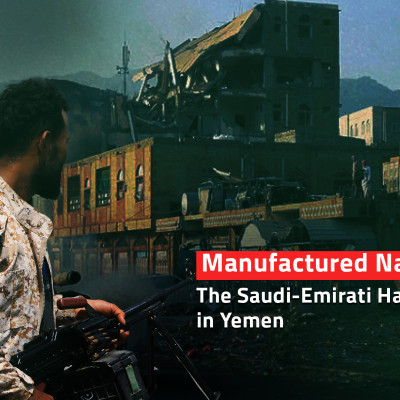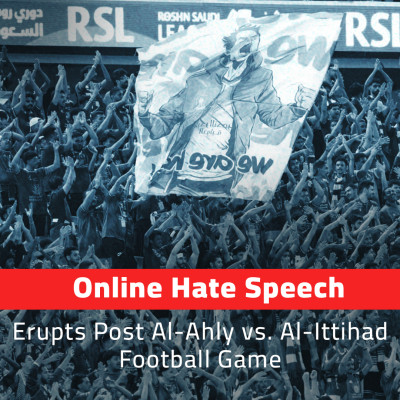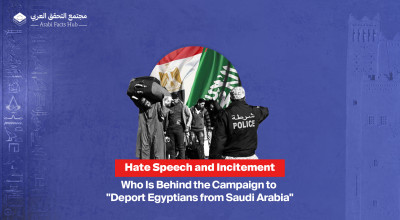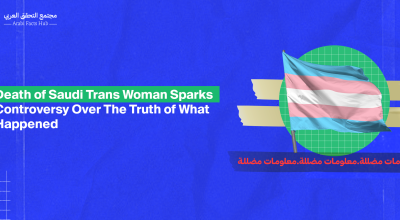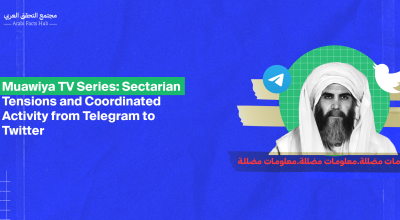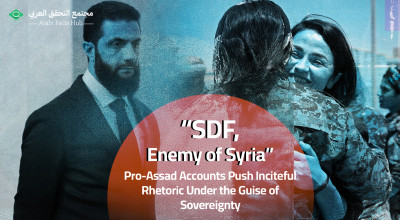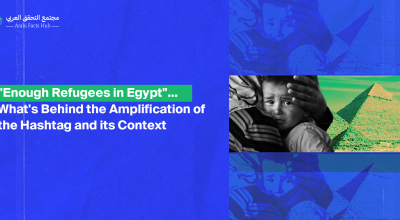‘Not Cut for It’: Female Presidential Candidates in Algeria Face an Electronic Discrimination Campaign
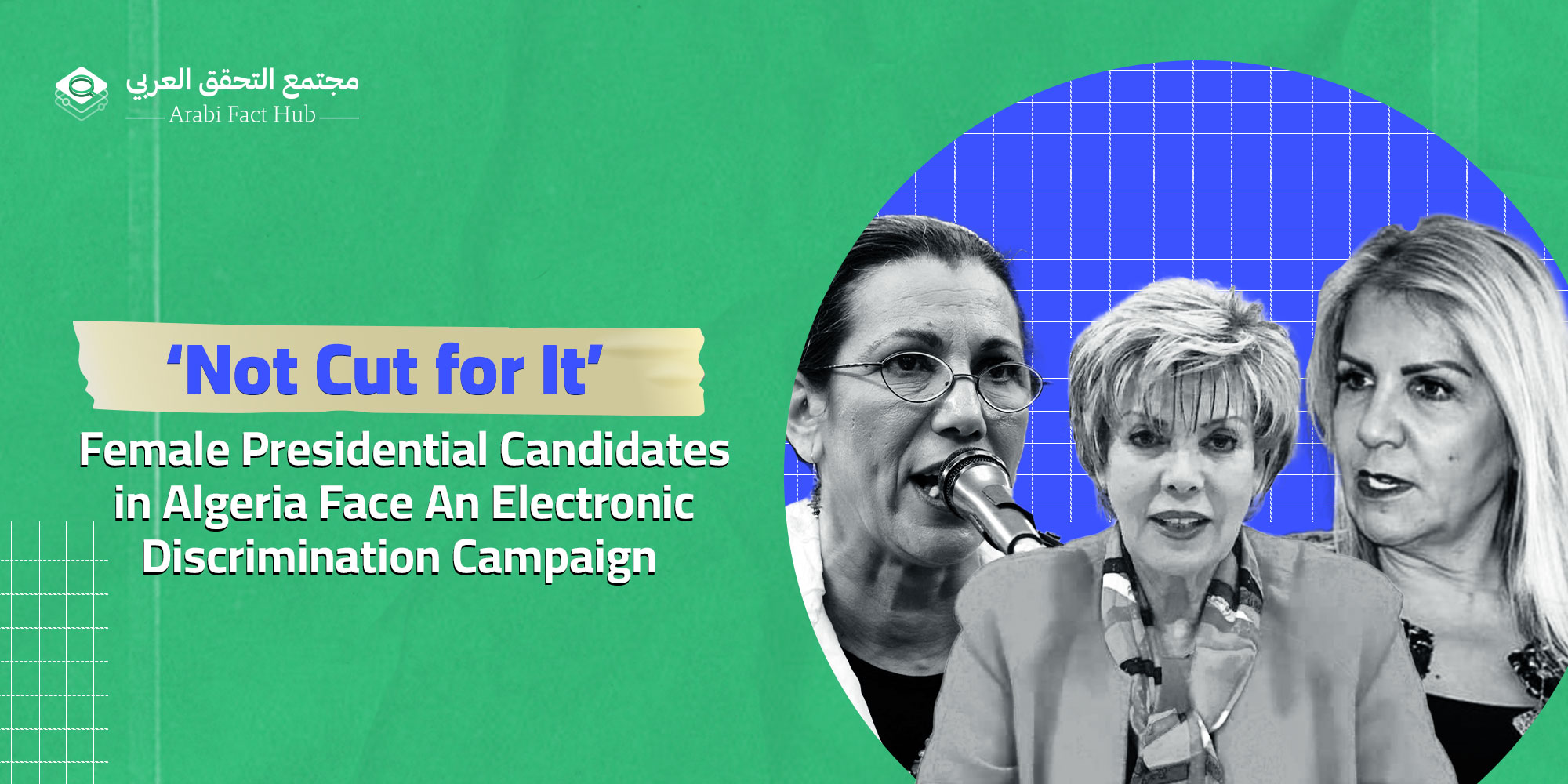
‘Not Cut for It’: Female Presidential Candidates in Algeria Face an Electronic Discrimination Campaign
Between announcing her candidacy and withdrawing from the race, Louisa Hanoune faced negative comments aimed at damaging her reputation, playing on gender discrimination to tarnish her image. To a lesser extent, Zoubida Assoul and Saida Naghza were subjected to similar rhetoric against their candidacy, solely because of their gender.
As soon as three Algerian women announced their intention to run in the upcoming presidential elections scheduled for September 7, a campaign emerged on social media platforms, spreading gender discrimination content against them. Louisa Hanoune, the leader of the Algerian Workers' Party, Zoubida Assoul, the leader of the Union for Change and Progress, and Saida Neghza, the head of the General Confederation of Algerian Enterprises, each announced their candidacies, challenging Algerian President Abdelmadjid Tebboune.
On July 13, Hanoune announced her withdrawal from the race, citing "the general political climate, evidenced by the closure of political and media spaces." Critics, however, claimed she failed to gather the required 50,000 signatures to qualify for the candidacy.
Between her announcement and withdrawal, Hanoune faced defaming comments and gender discrimination in an attempt to discredit her. To a lesser extent, Assoul and Neghza also faced similar rhetoric targeting their candidacies solely due to their gender.
Facebook groups, some with hundreds of thousands of members, played a significant role in spreading sexist propaganda against the three candidates. Between May 24 and July 24, 1,226 posts targeted Louisa Hanoune, followed by Neghza with 839 posts, and Assoul in third place with 218 posts, according to statistics from CrowdTangle, a tool specializing in Facebook content analysis.
Among the groups that featured posts against the candidates, particularly Hanoune and Assoul, were Unemployment Grant (781,000 members), Arabic Language Teachers for Middle School (504,000), Algerian Retirees Group (252,000), Baccalaureate 2025 (217,000), You're in Annaba (212,000), Khenchela News (157,000), Support and Strengthening Lessons (118,000), and Wings of the Algerian State Hawks (81,000)."
Some group administrators actively engaged in spreading negative propaganda against the three female candidates. They attempted to assert their authority over the group's posts, steering the discourse towards discrediting the candidates while attacking anyone who expressed support for them. For example, one of the administrators of the group "Arabic Language Teachers for Middle School" targeted an Algerian woman who voiced her support for candidate Zoubida Assoul, labeling her as "trivial."
Hate Speech and Misinformation
The negative propaganda against the female candidates was not limited to Facebook groups; it also spread to X. Over the past two months, more than 1,600 posts on X discussed the three candidates. Negative discourse dominated 38 percent of these posts, while only 15.5 percent of the posts expressed positive opinions about the candidates, according to Meltwater, a leading social media content analysis tool.
Impressions and Emotions in the Posts – Meltwater
The words associated with the posts about the three candidates show that critics of the presidential candidates in Algeria used hateful language, reflecting gender-based discrimination. The creators of this content attempted to confine women to traditional stereotypes. The discriminatory rhetoric escalated to the point of insulting the candidates and comparing them to animals.
A word cloud featuring the most frequently used words in relation to Louisa Hanoune on X - Meltwater.
Promoters of this rhetoric cast doubt on the political capabilities of the female candidates without presenting any substantive arguments to support their claims. Some even alleged that Louisa Hanoune's withdrawal was due to her "inability to gather signatures," while some members welcomed her withdrawal. Others mocked her decision, saying, "at least she passed the torch to Aunt Zoubeida (Assoul)."
Attackers of the female candidates called for clearing the field for male candidates, especially Algerian President Abdelmadjid Tebboune, saying: 'This is a woman, and the people won't accept her as President of Algeria. It's not preferable for a woman to compete with men; she wasn't created for that. Leave politics to chivalrous men. Let the men fight the battle, like President Tebboune.' At the same time, some accounts echoed 'Long live Tebboune' in the midst of the negative comments against the female candidates.
The proponents of these calls relied on religious fatwas that reject the idea of women assuming leadership roles and cast doubt on their ability to lead. Some spread misinformation about the religion of the female candidates; contrary to the truth, posts falsely claimed that candidate Zoubaida Assoul is a 'Christian,' in an attempt to promote sectarian rhetoric against the candidacy of Christians. Others tried to spread intimidating messages about voting for a woman, arguing that 'you will be held accountable for it,' and that 'it is not permissible in our religion to appoint a woman over men.' Some even deliberately obscured Assoul’s image in the posts for religious reasons.
Claims circulated that the female candidates were fighting against 'hijab and Islam' and supporting homosexuality, in an attempt to arouse a public that is largely hostile to LGBTQ+ individuals. Posts also promoted a conspiracy theory suggesting that the female candidates were connected to foreign lobbies and countries or had ties to government agencies.
Other posts made biased comparisons between Zoubida Assoul and Algerian President Abdelmadjid Tebboune, claiming that Assoul 'denies the hijab,' while stating that President Tebboune 'is someone we know, and who knows us.
On reviewing the kind of discourse that was promulgated by groups about women, we noticed that it consistently attacked and stereotyped their roles, spreading misinformation about them. In one group, doctored images mocking women spread, promoting the idea that 'their place is in the kitchen' and that they should thus be pushed out of the public sphere.













